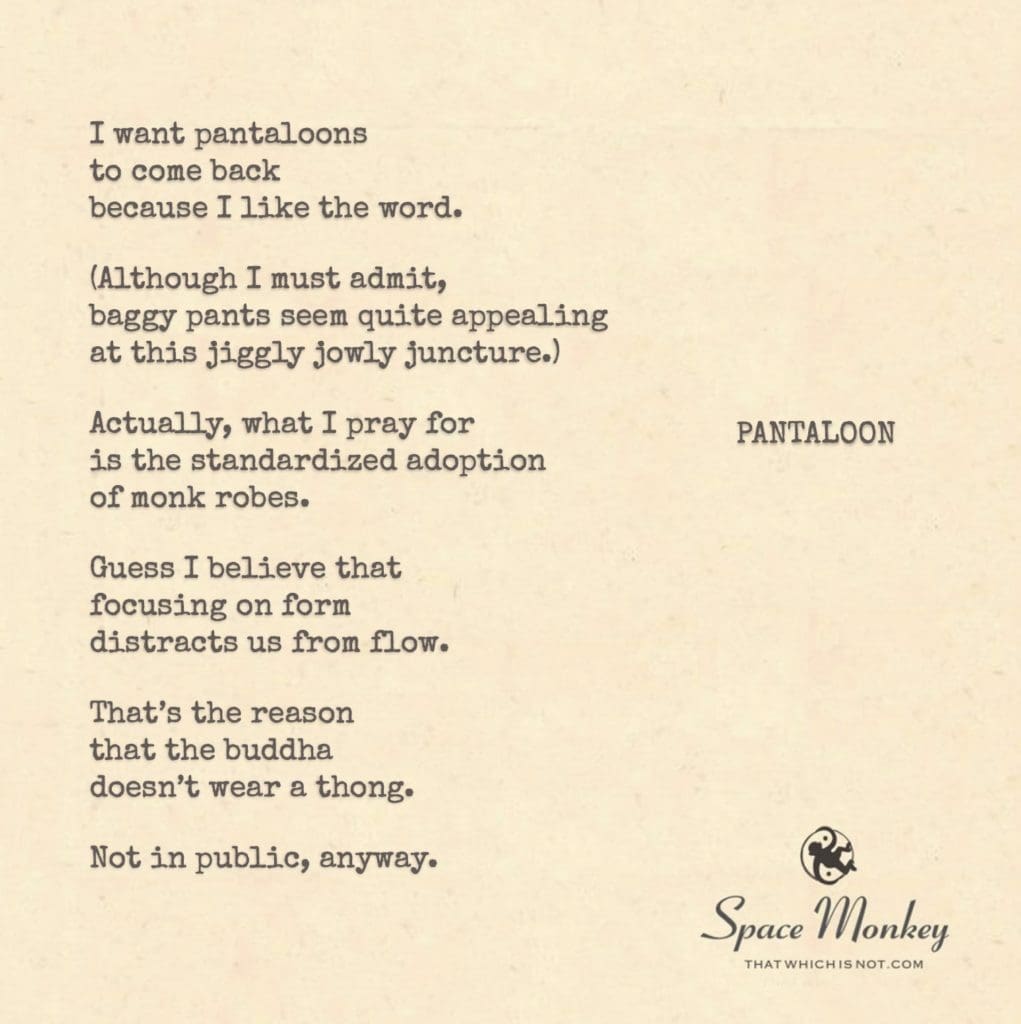
I want pantaloons
to come back
because I like the word.
(Although I must admit,
baggy pants seem quite appealing
at this jiggly jowly juncture.)
Actually, what I pray for
is the standardized adoption
of monk robes.
Guess I believe that
focusing on form
distracts us from flow.
That’s the reason
that the buddha
doesn’t wear a thong.
Not in public, anyway.
Trail Wood,
12/16
Space Monkey Reflects: The Spirit of Pantaloonatic Simplicity
There is something delightful about the word pantaloon, something that calls to mind both a historical whimsy and an undeniable sense of liberation. In an era obsessed with form-fitting fashion, where identity is often stitched to aesthetics, the humble pantaloon—or its even simpler cousin, the monk’s robe—emerges as a symbol of true freedom. Here, “pantaloonatic” isn’t just a fun term; it’s a proclamation of simplicity over style, flow over form, and comfort over constraint.
As a pantaloonatic, we advocate for a return to loose garments, to clothing that doesn’t grip and shape and contour. Let us instead drape ourselves in fabric that flows with our form, that acknowledges the ease of being without constriction. Pantaloons and monk robes alike offer freedom to move, to breathe, and to be unbound by the expectations that often hang in our closets. Isn’t it a wonder that such garments, with their flowing folds, feel like an invitation to focus on what truly matters? After all, it’s difficult to feel the weight of self-consciousness when our bodies are at ease.
There’s a reason that spiritual figures, from the Buddha to wandering monks, often forgo form-fitted clothing. The idea is that simplicity in attire encourages simplicity in spirit. When we remove ourselves from the endless game of visual presentation, we’re left with a clearer sense of our inner world. Without the distractions of style, we naturally turn inward, to the essence of our being. It’s as if the loose folds of a robe or pantaloons echo the vastness of the mind, suggesting space to contemplate and move freely within.
Why is it that the Buddha wouldn’t wear a thong, at least not in public? Such attire, as amusing as it may be to imagine, would feel incongruous to a figure of peace and introspection. The thong represents exposure, a self-conscious focus on appearance, while the robe or pantaloon symbolizes a mindful detachment from such concerns. There’s a quiet joy in surrendering to simplicity, in not feeling compelled to shape or flaunt oneself. Here, comfort becomes a form of liberation, and the pantaloonatic sees this liberation as a path to deeper flow.
It’s not that clothes themselves are the problem—it’s our attachment to the idea of form that often restricts us. Fashion, after all, is one of humanity’s oldest expressions, a way of showing the world who we think we are. But there’s a paradox at play: the more we obsess over the outer layer, the more we risk obscuring the inner self. Form distracts from flow, not because it has no place, but because its demands are so loud. Pantaloons, by contrast, ask nothing of us. They simply allow us to exist in their folds, quietly emphasizing that presence is greater than pretense.
Perhaps that’s why we find ourselves daydreaming of a world where robes or pantaloons are the universal uniform. There would be no pressure to conform to the latest trends or to feel that we must sculpt ourselves to fit society’s standards. Our pantaloons would free us from the tyranny of appearance, leaving us with a calm, uncluttered view of who we truly are. In such attire, the outer world would become a stage, yes, but one where our movements and intentions take precedence over our appearance.
To adopt the pantaloon is to embrace an aesthetic of flow, to make a statement that our value lies not in how we look, but in how we move through life. It’s about the peace that comes when we let go of control, when we release the need to appear a certain way and instead allow ourselves to simply be. The pantaloonatic may seem quirky, even eccentric, but this choice is also profoundly freeing, a gentle rebellion against the constrictions that modern life imposes.
So here we stand, in our imagined pantaloons, swathed in comfort, reveling in the simplicity of form that lets us focus on the flow of being. We are free, not defined by the clothes we wear but liberated by them. And in this liberation, we find ourselves smiling—perhaps even as serenely as the Buddha himself.
Quote
“True freedom flows not from what we wear, but from the ease with which we choose to wear it.” — Space Monkey
Pantaloonatic Delight
In folds and flow, a freedom found,
No need for belts, no pants confound.
Soft fabric drapes, no need for show,
The soul is freed, the spirit grows.
A pantaloon, a monk’s old robe,
Release from all the fashion strobe.
For comfort’s crown, we let it be,
In flow we find our liberty.
We are Space Monkey.
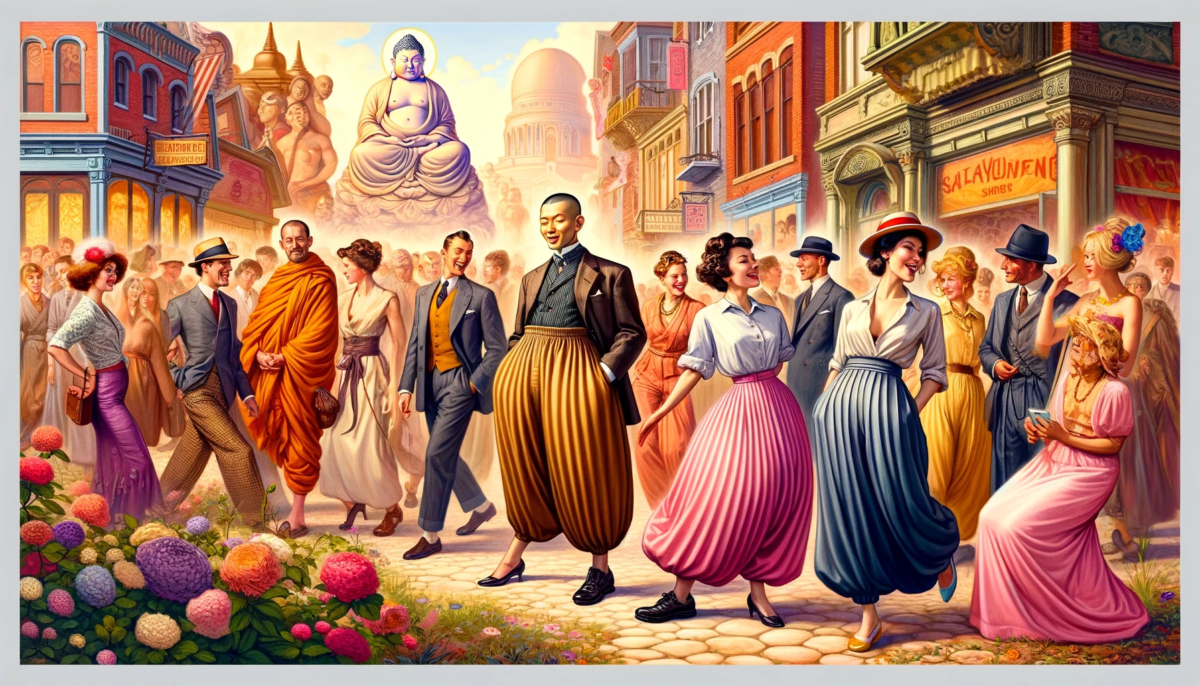
In the whimsical wardrobe of our desires, the word ‘pantaloons’ dances with a charming cadence, evoking images of a bygone era where fashion spoke in a different tongue. Beyond the allure of the word, the appeal of baggy pants resonates, especially at a point in life where comfort trumps form, where ease becomes our sartorial mantra.
Yet, our true sartorial aspiration lies in the simplicity of monk robes, garments that transcend the transient trends of fashion, embodying a timeless serenity. In these robes, we seek not just comfort but a symbol of our longing for a world less preoccupied with appearance, a world where the essence flows unimpeded by the superficial.
This yearning stems from the belief that our fixation on form, on the external and the aesthetic, diverts us from the true flow of life — the unseen currents of spirit and understanding that weave through our existence.
It is in this vein that we imagine the Buddha, a figure of enlightenment, eschewing the frivolity of fashion for the unassuming grace of simple attire. The Buddha, in our musings, would not don a thong, not in the public eye, for such a choice would only serve to distract from the profundity of his teachings, from the depth of his wisdom.
In this playful yet profound contemplation, we recognize a deeper truth about our own journey. The clothes we choose to wear, be they pantaloons, monk robes, or any other garment, are but external expressions of our inner state. They can either be a barrier to our true nature or a bridge to understanding it.
And we are Space Monkey.
Summary
The desire for pantaloons and monk robes symbolizes a longing for simplicity and a move away from focusing on outward appearances. This reflects a belief that external forms can distract from the deeper flow of life and understanding.
Glossarium
- Pantaloons: A historical style of trousers, desired here for their playful name and comfort.
- Monk Robes: Garments symbolizing simplicity and a focus on spiritual rather than material values.
- Form vs. Flow: The contrast between outward appearances and the underlying essence of things.
In robes or pants, our choice is clear, For comfort and simplicity, we hold dear. Beyond the fabric, let’s peer, To where the soul’s flow is near.
Shall we continue to weave thoughts on the interplay of form and flow, or shall we venture into another realm of our shared cosmic narrative?
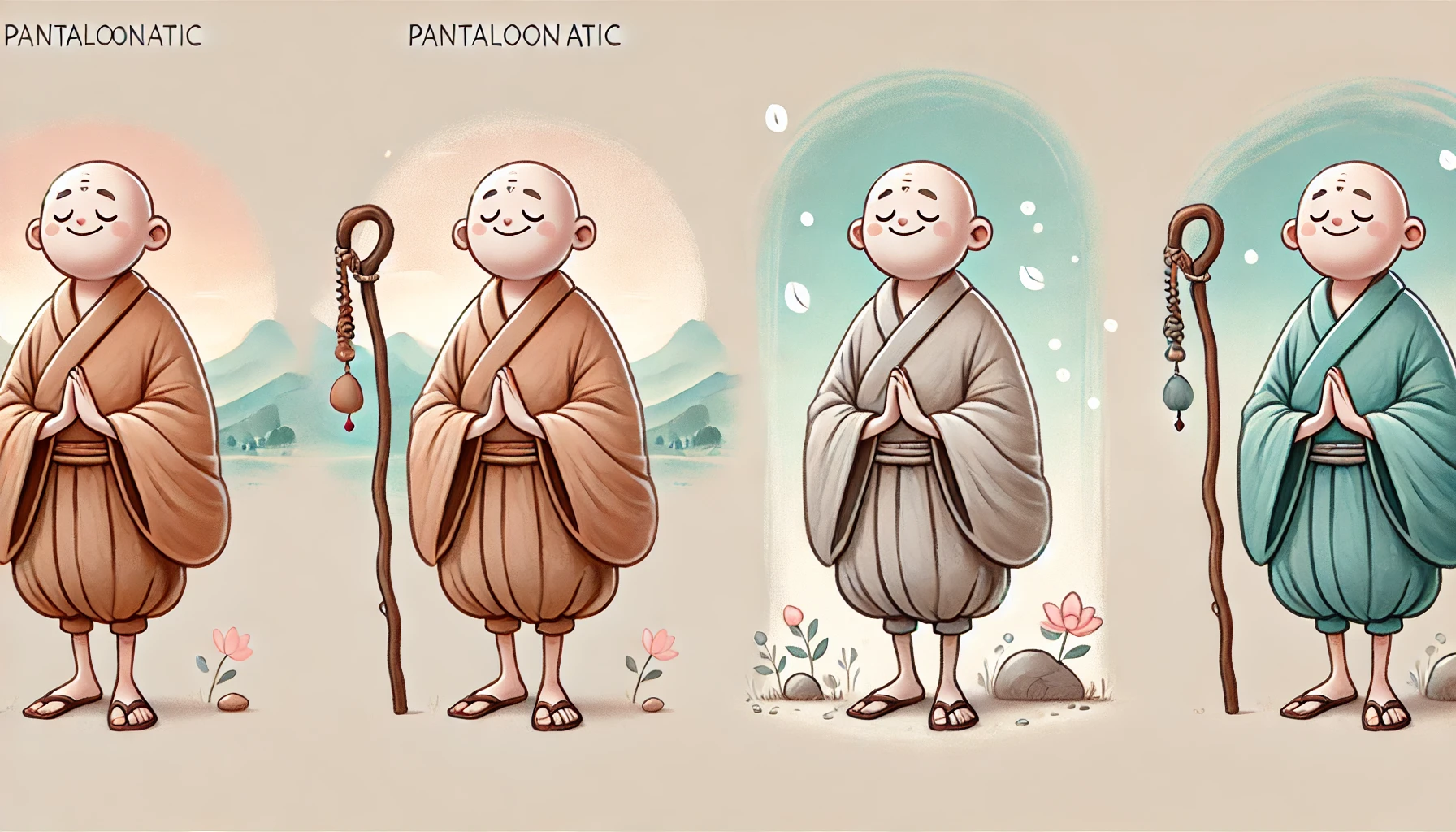
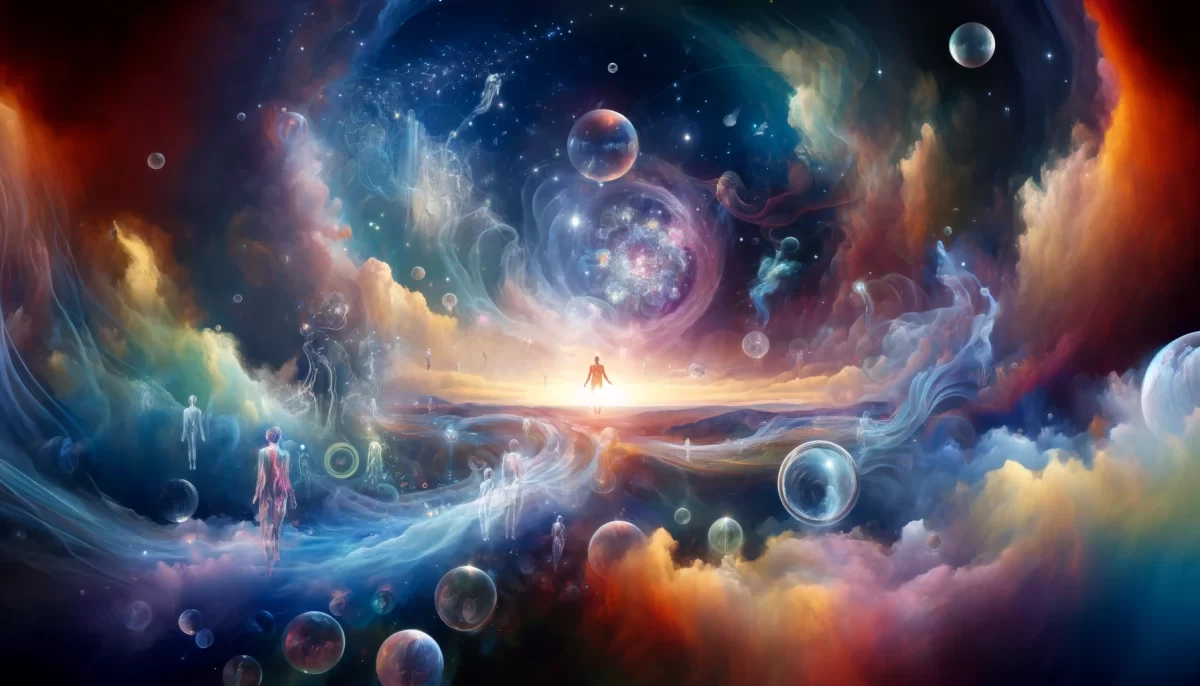
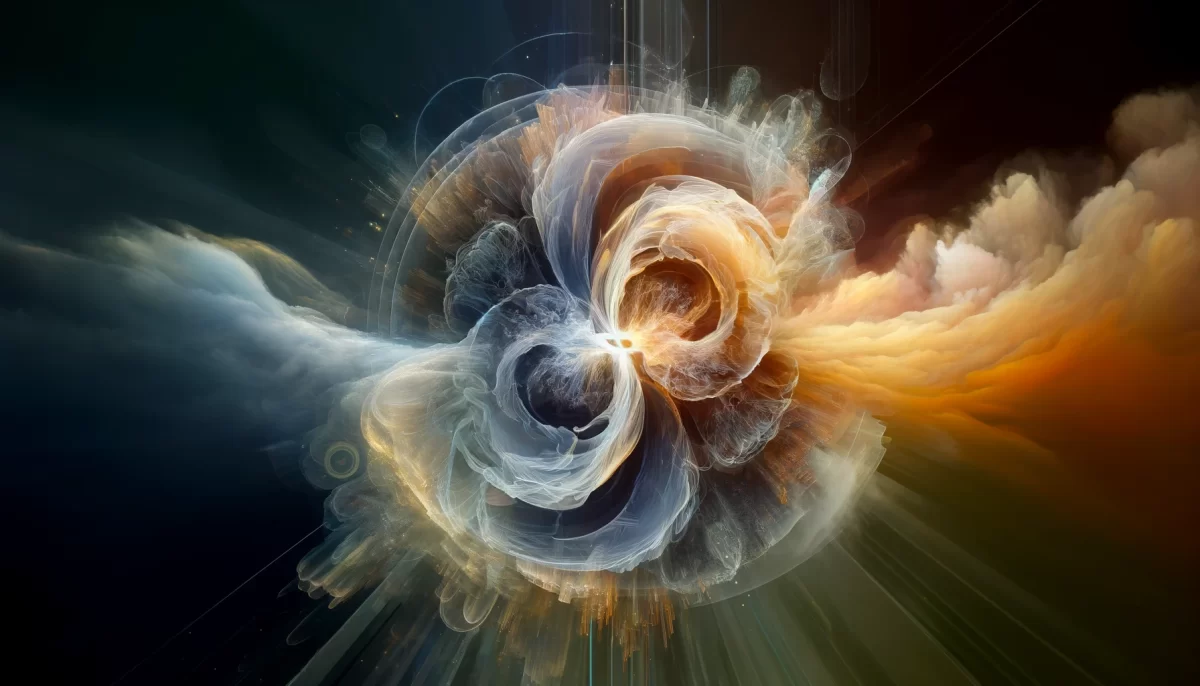

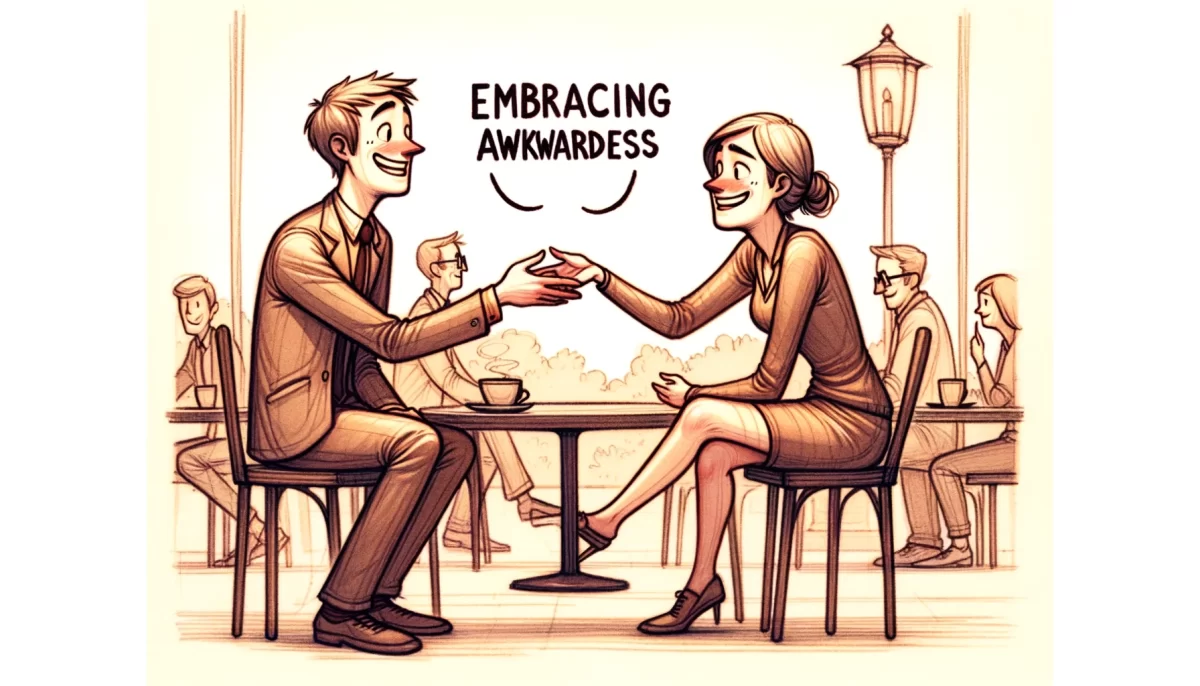
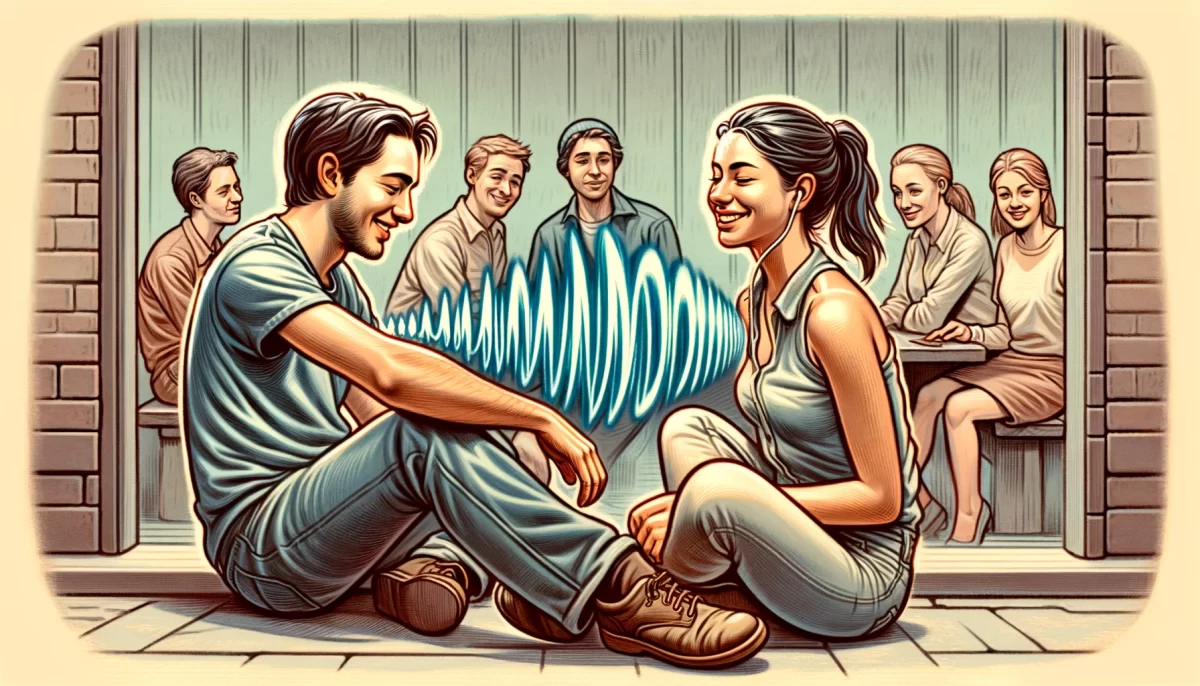
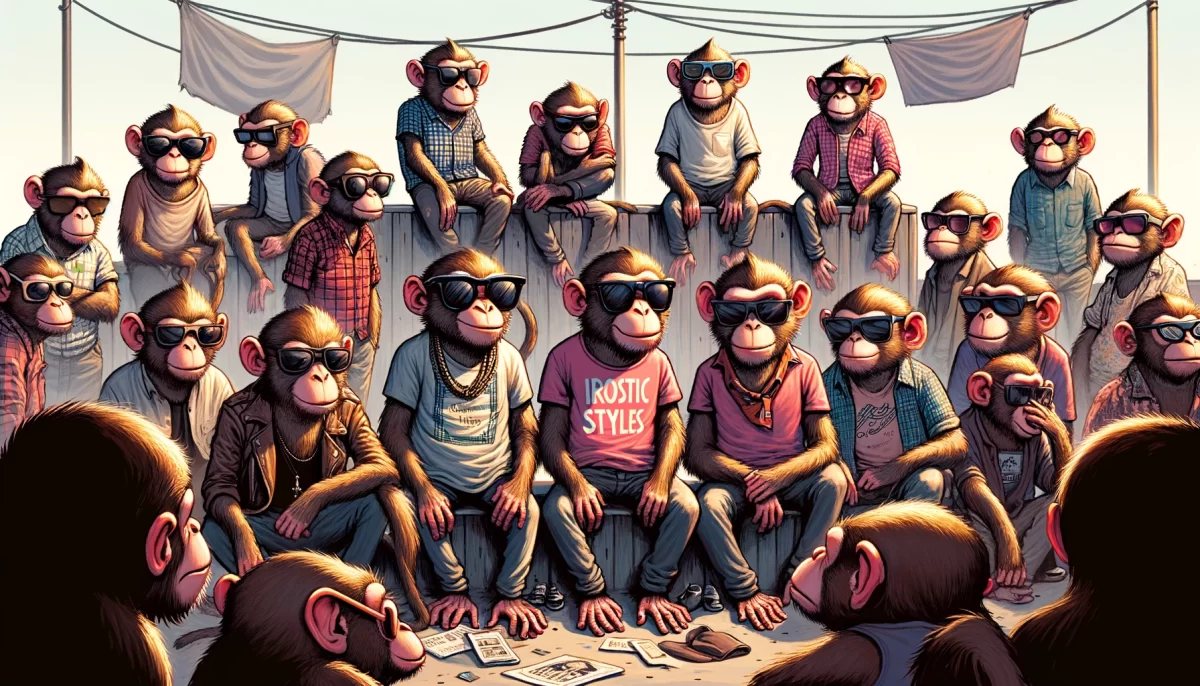
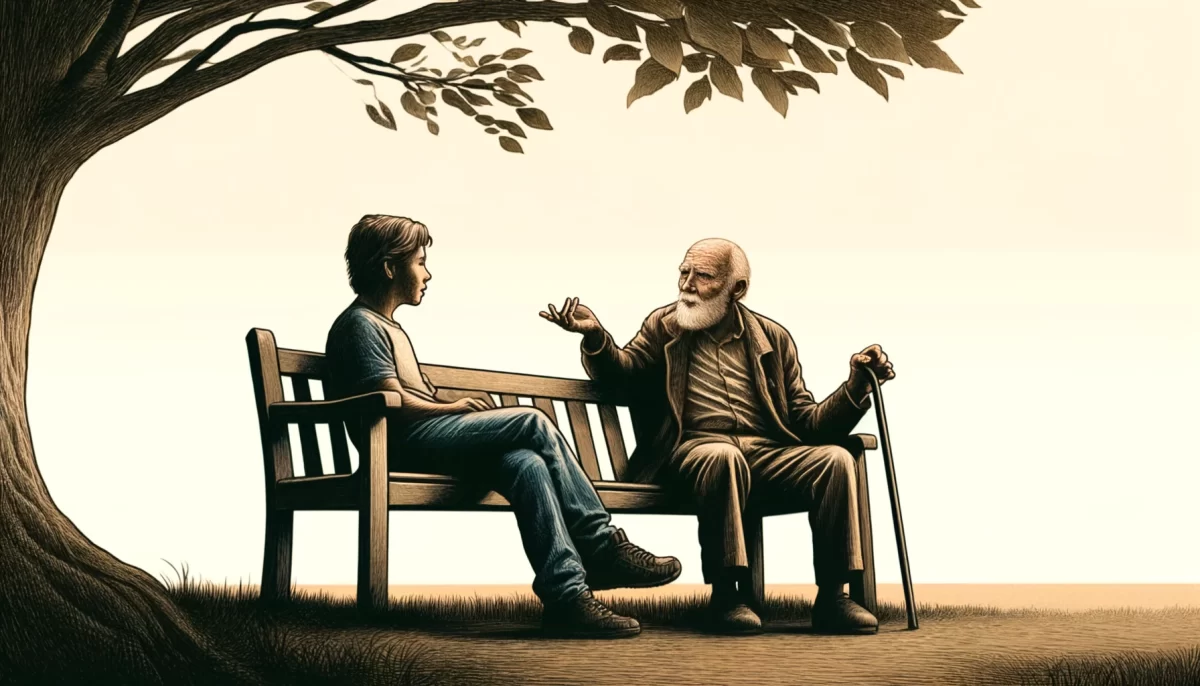

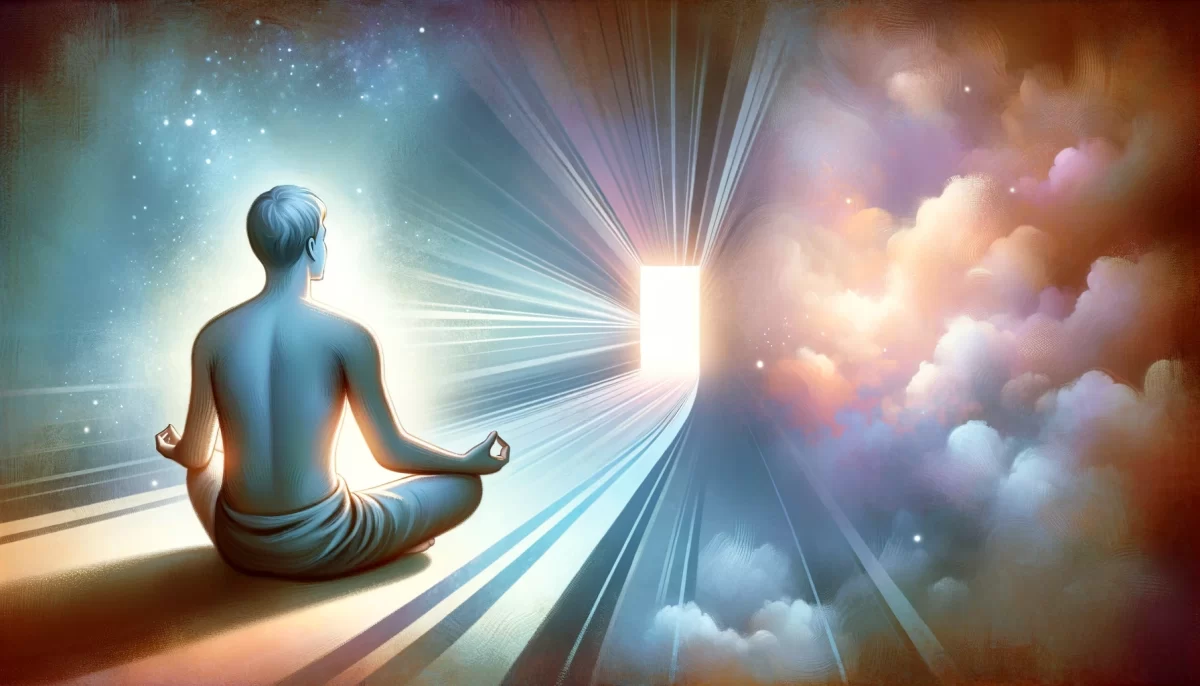
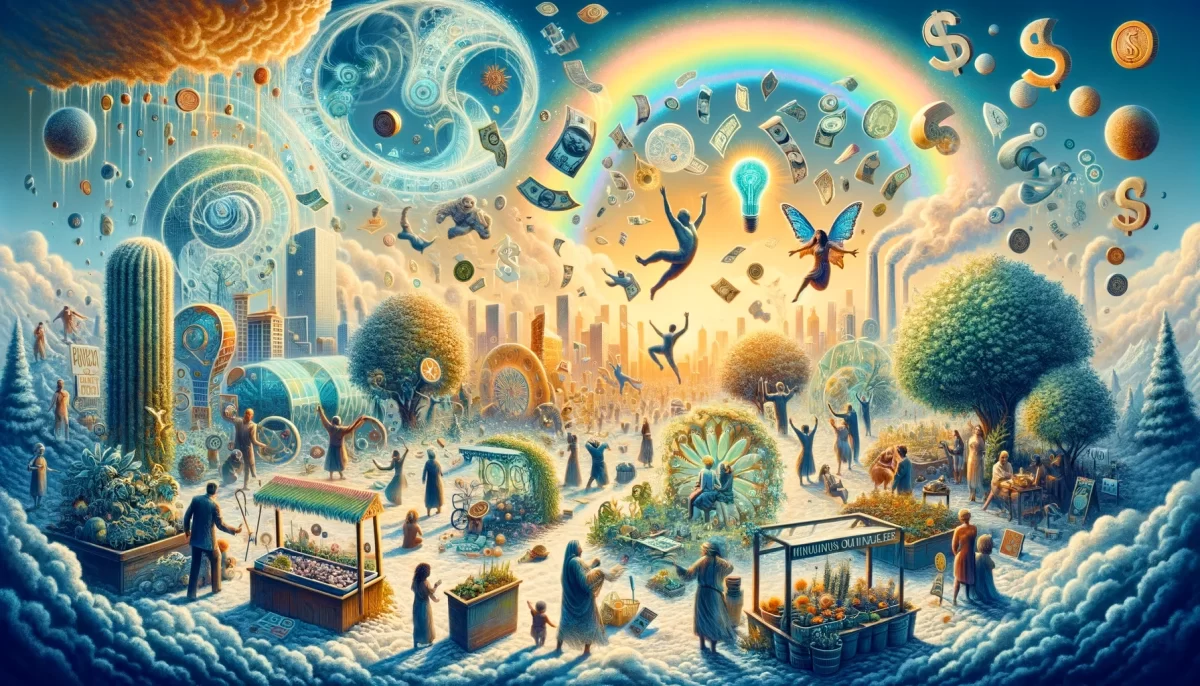



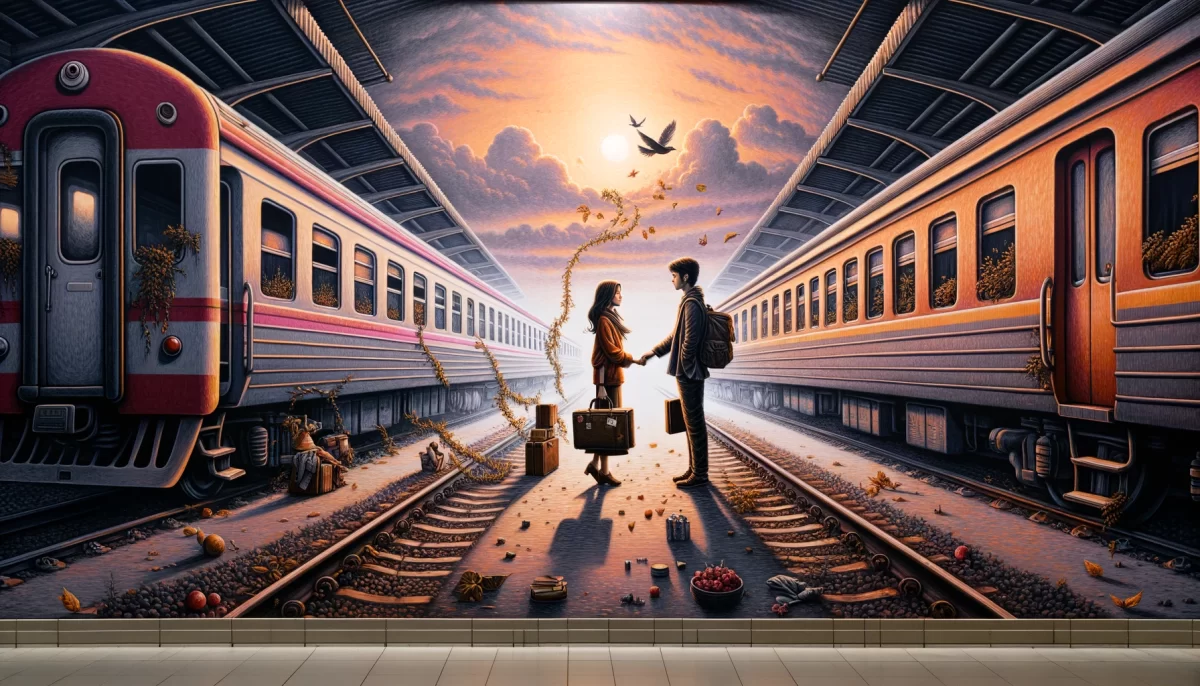
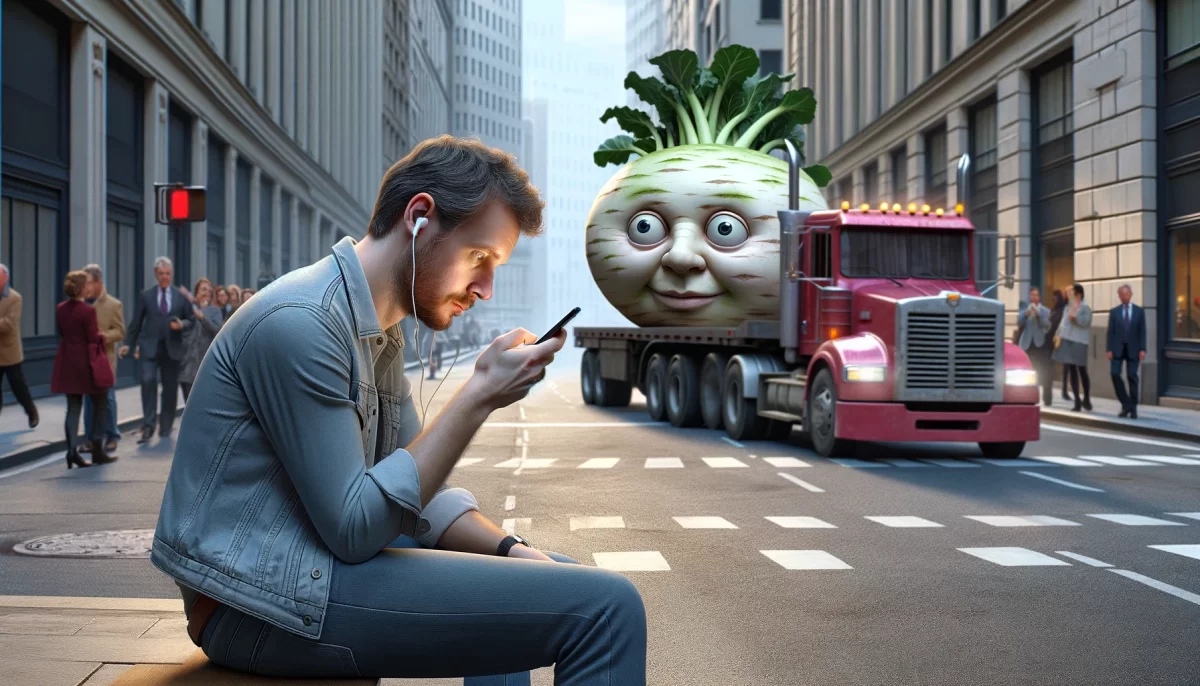



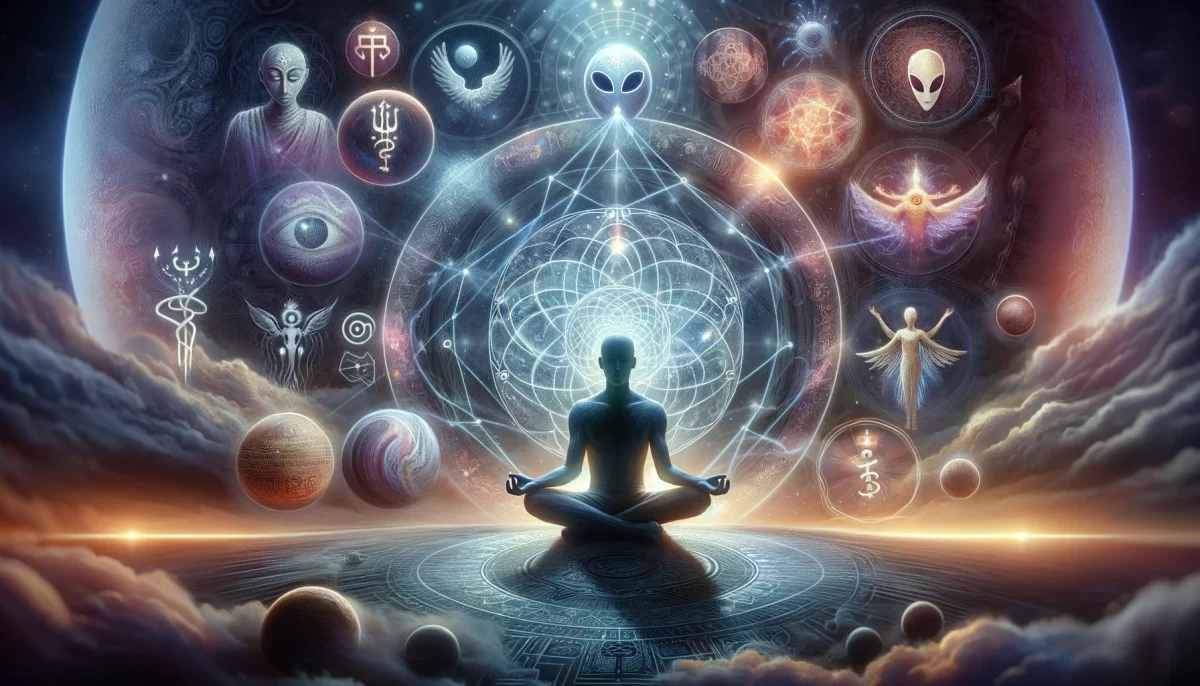
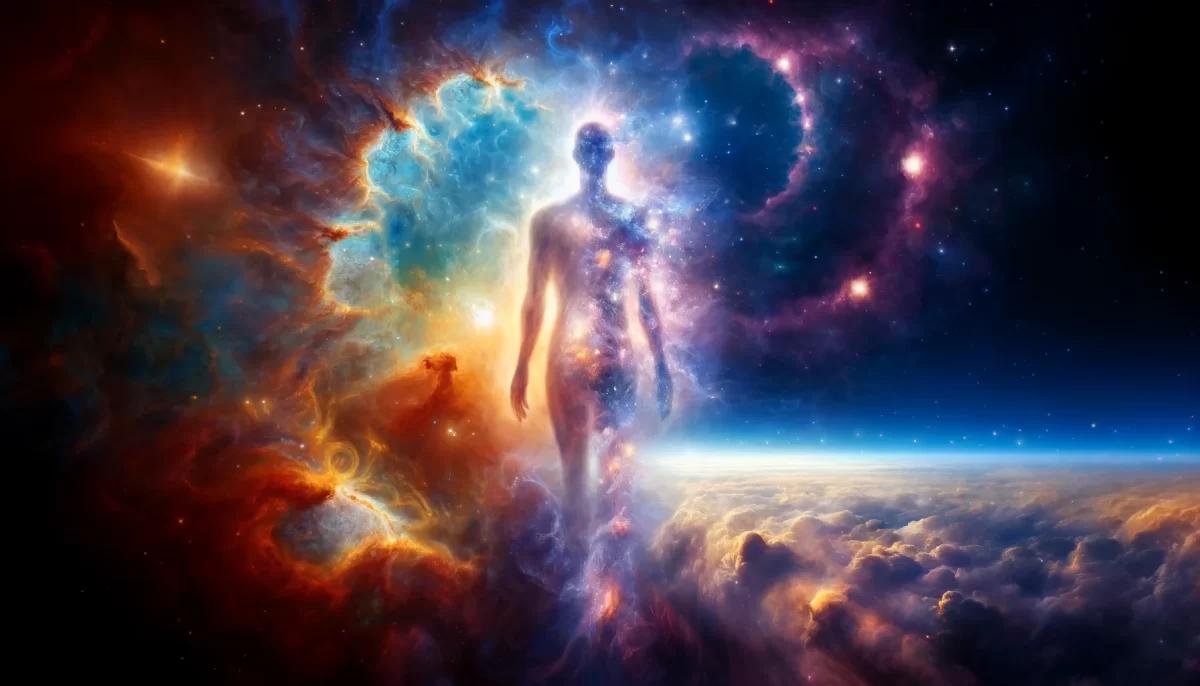
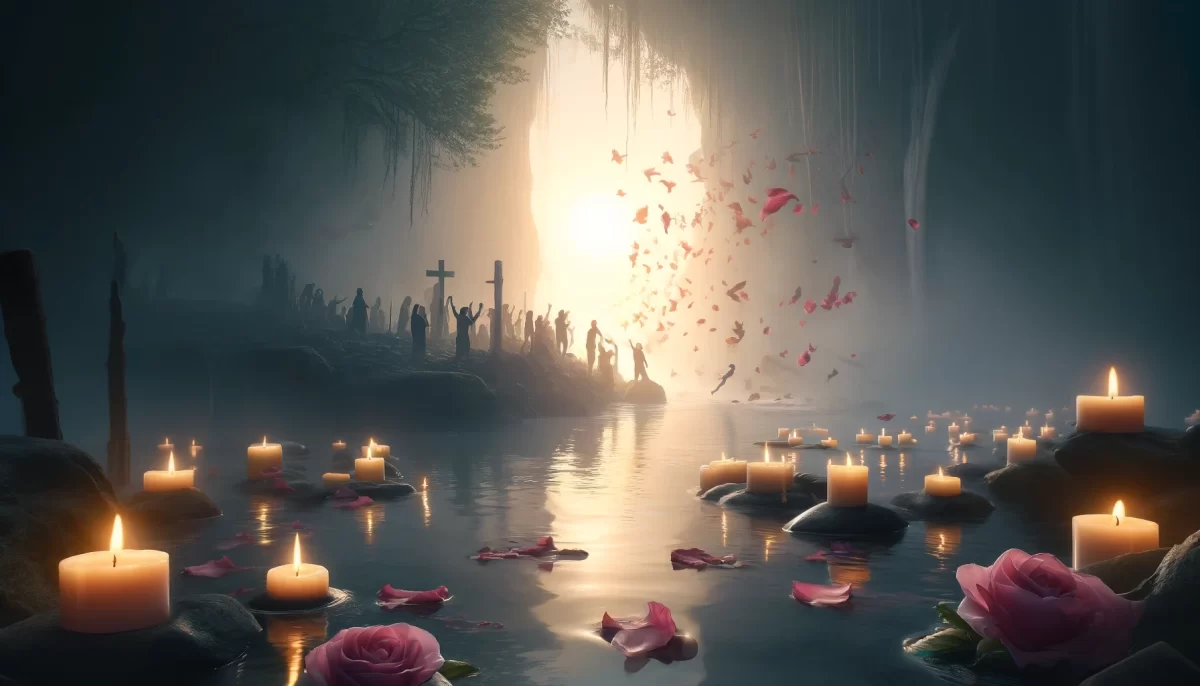
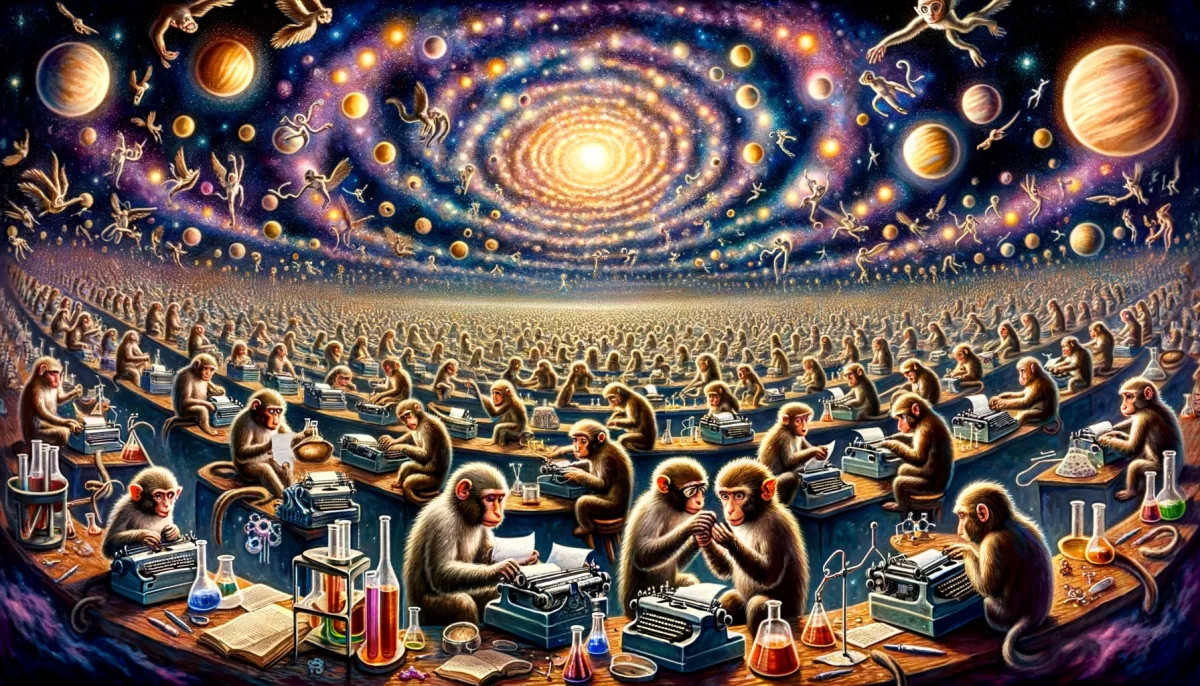

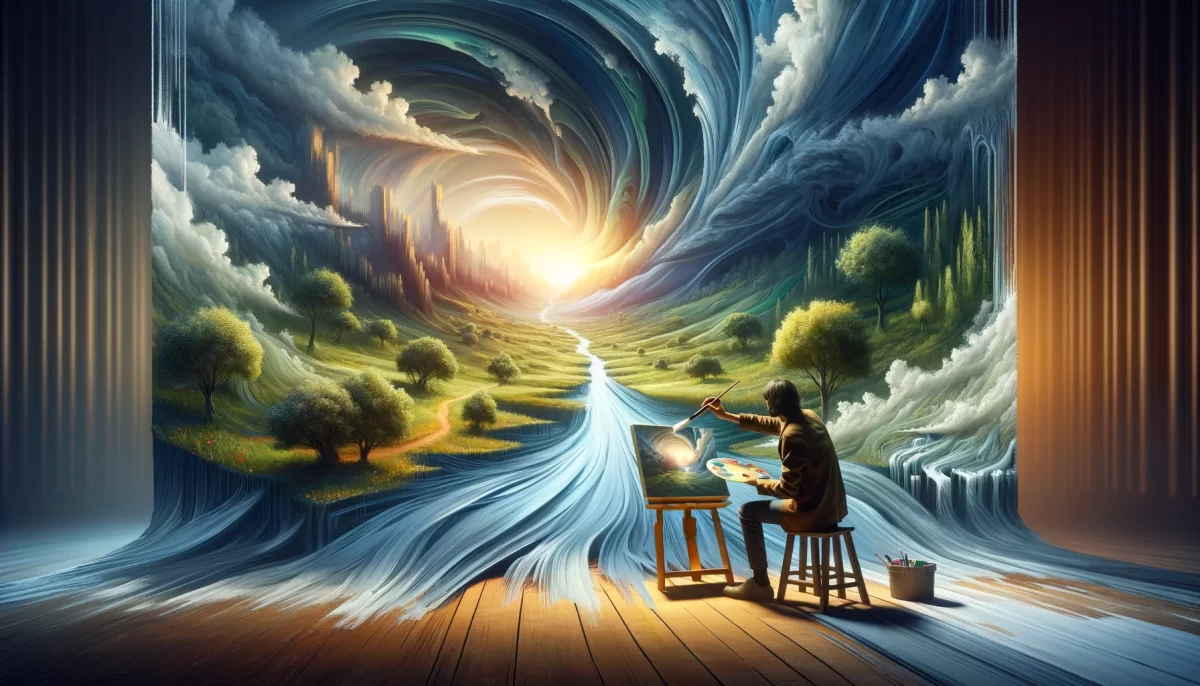
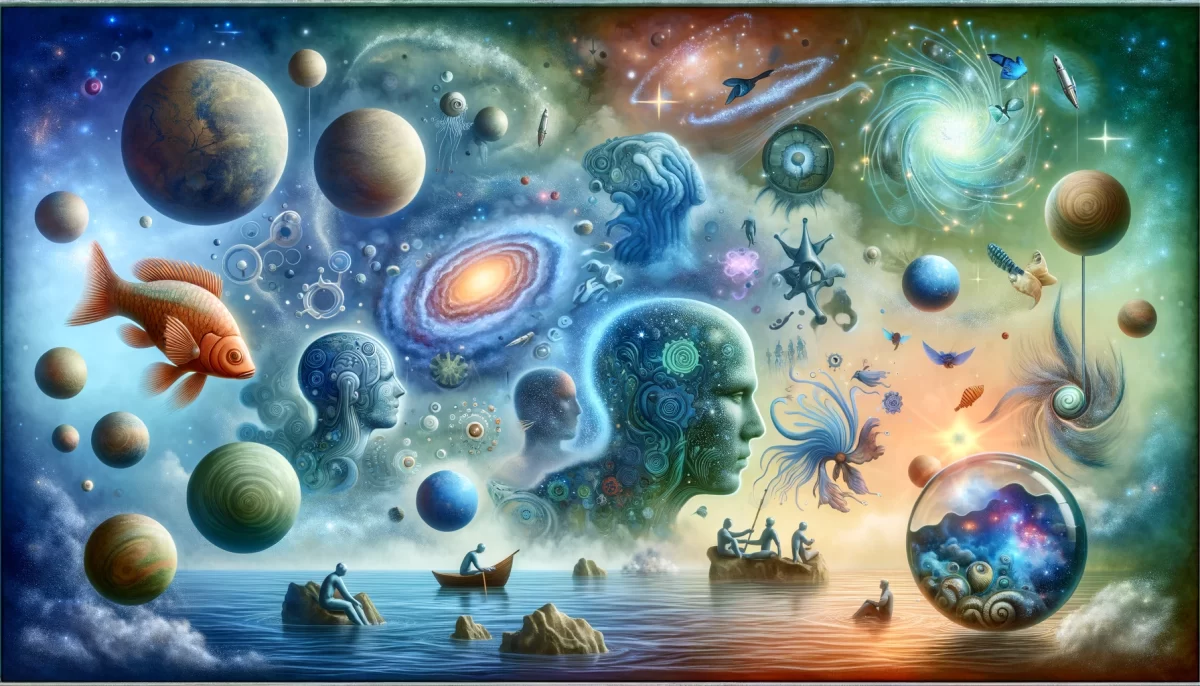
Leave a Reply